apricot have extensive applications and benefits in both traditional Chinese medicine (TCM) and Western medicine. In TCM, apricot are considered to have functions such as moistening the intestines to relieve constipation, moistening the lungs to stop coughing, anti-inflammatory, anti-tumor, and anti-aging effects. They are commonly used in clinical practice. Below is a detailed introduction to the functions and benefits of apricot.
I. Medicinal Value of apricot
apricot have a long history and are widely used in TCM. They are bitter in taste and slightly warm in nature, with functions such as moistening the intestines to relieve constipation, moistening the lungs to stop coughing, anti-inflammatory, anti-tumor, and anti-aging effects. They are often used to treat symptoms like cough, constipation, throat obstruction, hoarseness, bronchial asthma, and chronic obstructive pulmonary disease (COPD).
Moistening the Intestines to Relieve Constipation apricot contain rich fatty oils that can soften the stool in the intestines, promoting bowel movements and alleviating constipation symptoms. In TCM, apricot are often used to treat dry stools and constipation.
Moistening the Lungs to Stop Coughing apricot contain amygdalin, which can moisten the lungs and stop coughing, providing relief for symptoms like cough and phlegm. In TCM, apricot are often used to treat cough and asthma.
Anti-inflammatory The components in apricot have anti-inflammatory effects, which can alleviate inflammatory reactions and reduce pain. In TCM, apricot are often used to treat throat obstruction and hoarseness caused by inflammation.
Anti-tumor Research has shown that amygdalin in apricot has anti-tumor effects, inhibiting the growth and spread of tumor cells. Therefore, apricot have certain applications in the prevention and treatment of tumors.
Anti-aging The components in apricot have antioxidant effects, which can eliminate free radicals in the body and slow down the aging process. In TCM, apricot kernels are often used to treat symptoms of aging such as dry skin and wrinkles.
II. Nutritional Value of apricot
apricot not only have pharmacological effects but also contain rich nutritional components such as proteins, fats, carbohydrates, and fiber. They also contain various vitamins and minerals like vitamin E, vitamin B1, calcium, and iron, which help improve the body’s immunity and promote growth and development.
apricot kernel extract are rich in proteins and fats, providing the necessary energy and nutrients for the body, helping to maintain normal physiological functions.
Carbohydrates and Fiber apricot contain a considerable amount of carbohydrates and fiber, which can promote intestinal peristalsis, alleviate constipation symptoms, and help maintain intestinal health.
Vitamins and Minerals apricot contain various vitamins and minerals such as vitamin E, vitamin B1, calcium, and iron, which help improve the body’s immunity and promote growth and development. Especially vitamin E, which can eliminate free radicals in the body, slow down the aging process, and has certain effects on beauty and skincare.
III. Methods of Consuming apricot
apricot can be consumed directly as a snack or combined with other ingredients, such as almond milk or almond tofu. When consuming apricot, the following points should be noted:
Do Not Overconsume apricot contain a certain toxic component, amygdalin, which can be harmful if consumed in excess. Therefore, it is important to control the amount when consuming apricot.
Pay Attention to Food Pairing apricot should not be consumed with vegetables high in oxalic acid, such as spinach, as oxalic acid can combine with the calcium in apricot to form calcium oxalate precipitates, affecting absorption and digestion. Additionally, apricot should not be consumed with donkey meat to avoid toxic reactions.
Consideration for Specific Populations Due to the pharmacological effects and toxic components of apricot, special populations such as pregnant women, postpartum women, and children should be cautious and preferably consume apricot under medical guidance. People with allergic constitutions should also be aware of the risk of allergic reactions.

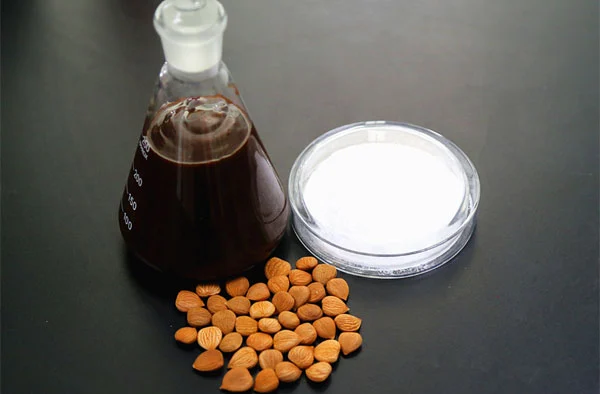
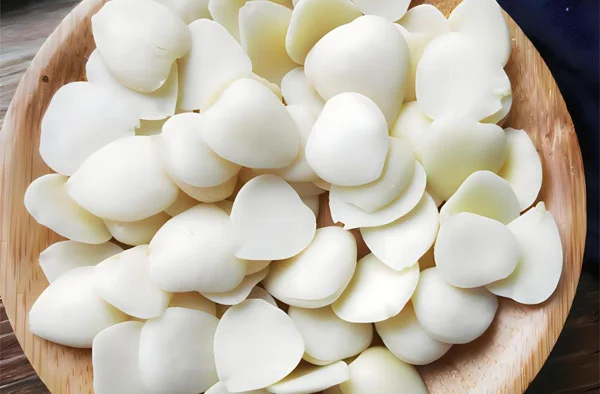
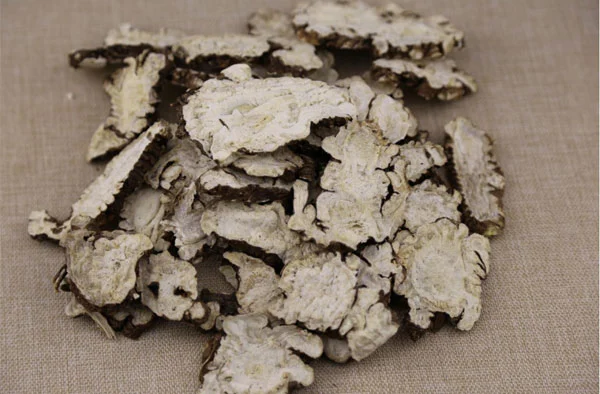
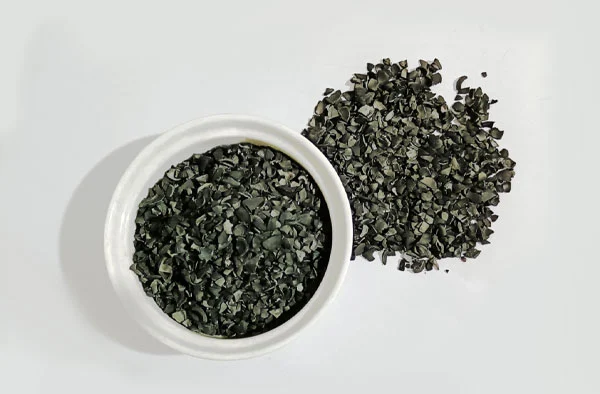

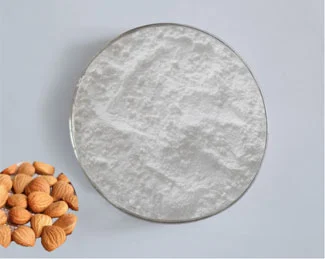
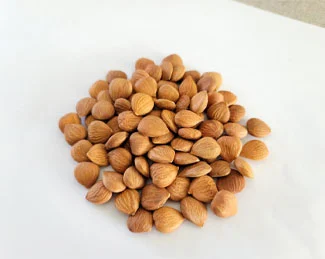

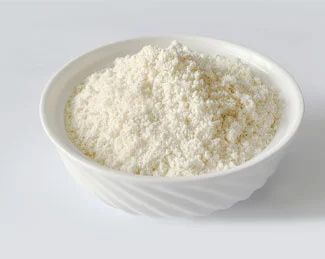
 Products
Products